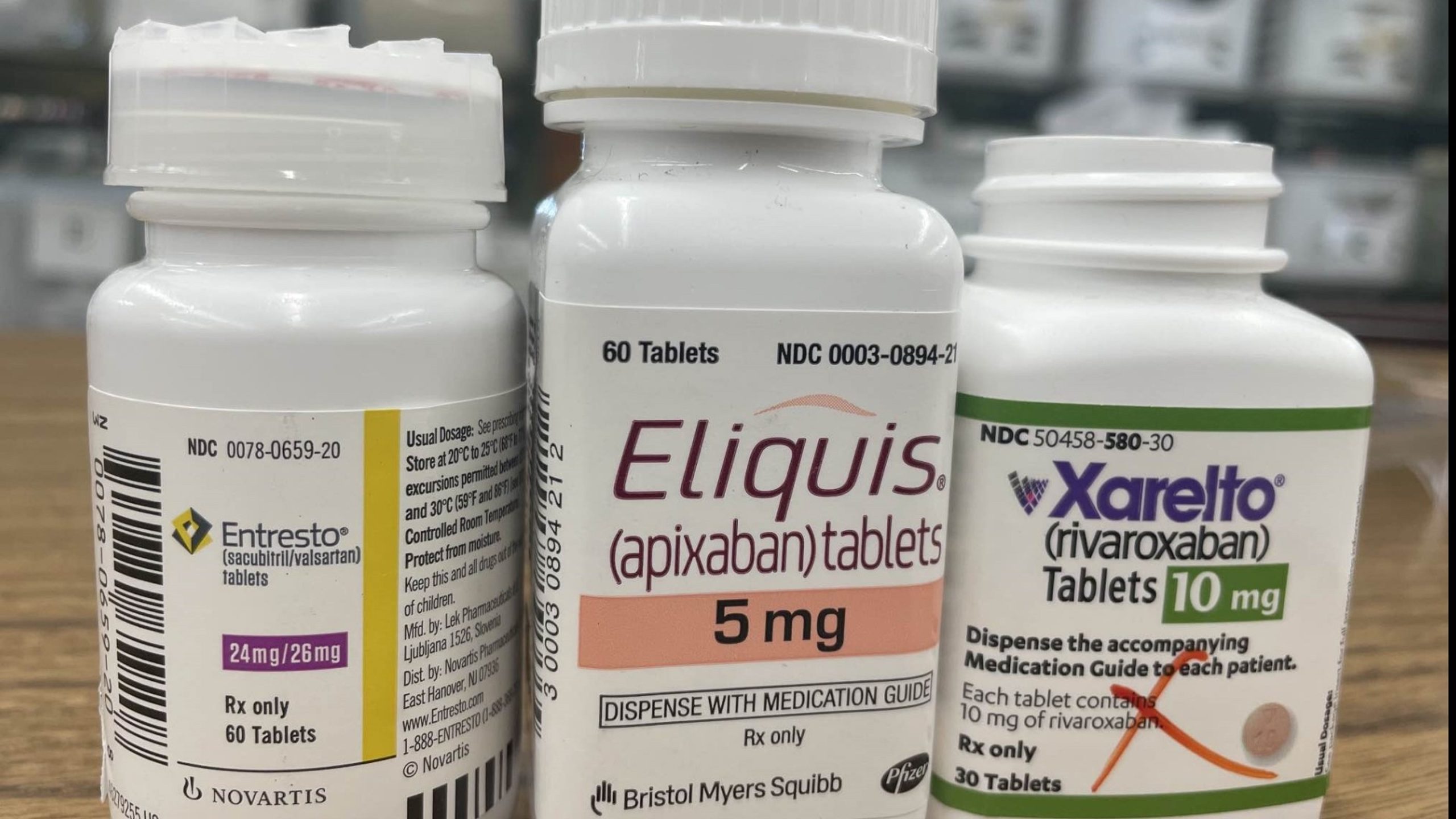
CMS reveals a list of 10 drugs for Medicare price negotiation, featuring Eliquis, Xarelto, Jardiance, and Januvia. President Biden highlights their importance and aims to reduce costs for 9 million seniors. While the industry criticizes the initiative, supporters view it as a step toward accessible prescriptions. Prices take effect in 2026; manufacturers can negotiate or face excise taxes. Lawsuits challenge the program’s legality. AARP backs HHS in asserting negotiation authority for substantial Medicare savings.
The Centers for Medicare and Medicaid Services (CMS) has revealed its long-awaited roster of 10 drugs eligible for Medicare price negotiations. This selection encompasses prominent drugs such as Eliquis and Xarelto, vital for blood clot prevention, as well as diabetes medications Jardiance and Januvia.
The lineup also includes Farxiga, Entresto, Enbrel, Imbruvica, Stelara, and Fiasp. The CMS criteria for drug inclusion were those that have been on the market for a minimum of seven years.
In a statement, President Joe Biden announced, “Today, my administration unveiled the initial 10 Medicare Part D drugs chosen for price negotiation — marking a historic milestone. These drugs are essential for treating a range of conditions, including heart failure, blood clotting, diabetes, arthritis, and Crohn’s disease. Additionally, we’ve made strides in reducing insulin costs to $35 per month for Medicare-enrolled seniors.”
He further elaborated, “When implemented, the negotiated drug prices will lead to lower expenses for approximately 9 million seniors. These individuals currently face out-of-pocket expenses as high as $6,497 yearly for these prescriptions. Moreover, the nonpartisan Congressional Budget Office (CBO) projects savings of $160 billion by curbing Medicare’s drug payments through negotiations and inflation rebates.”
Meena Seshamani, M.D., Deputy Administrator and Director of the Center for Medicare, emphasized the emphasis on transparency and engagement in implementing the new drug law and the Medicare Drug Price Negotiation Program. She shared plans for patient-centric listening sessions for each drug to gather direct input from patients and others.
The pharmaceutical sector has criticized the Inflation Reduction Act’s provisions, which fall under, a significant legislation enacted just over a year ago. The industry argues that this decision creates imbalances, potentially stifling innovation in the pharmaceutical startup domain.
However, proponents of price negotiation view this list as a crucial initial step toward curbing out-of-pocket expenses, ensuring broader access to prescription drugs, particularly for the uninsured. It’s also seen as a moment of triumph for federal regulators finally asserting their influence against the pharmaceutical sector.
The CBO analysis predicts that the drug pricing regulations in the Inflation Reduction Act would have minimal impact on research and development, with a projected 1% reduction over the next three decades.
Effective prices won’t take effect until 2026. Drug manufacturers have until October 1 to decide on participating in negotiations, with the potential for program delays due to legal challenges.
Manufacturers unwilling to engage in negotiations could face substantial excise taxes on nationwide sales, potentially leaving them with no choice but to accept the negotiated pricing terms. Companies can either accept these agreements or opt out of Medicare and Medicaid participation after negotiations, according to Politico.
Senator Bernie Sanders rejected the notion that this initiative is radical, noting that the Veterans Administration has practiced similar negotiations for three decades. He emphasized the importance of challenging pharmaceutical greed.
Senator Ron Wyden stated, “This step, in conjunction with other cost-saving measures outlined in the Inflation Reduction Act, signifies a transformative shift in the interactions between Big Pharma, the federal government, and seniors relying on lower medication prices.”
Over half a dozen lawsuits have been filed against the Department of Health and Human Services, responsible for overseeing CMS, in recent months. Drug companies including Merck, Bristol Myers Squibb, PhRMA, Boehringer Ingelheim, Astellas, Johnson & Johnson, and AstraZeneca have brought these cases to court, contesting various aspects of the new program on constitutional grounds.
AARP has supported the HHS in a federal lawsuit, asserting that the agency holds the authority to negotiate drug prices with pharmaceutical companies, ultimately leading to substantial savings for Medicare and its beneficiaries.


